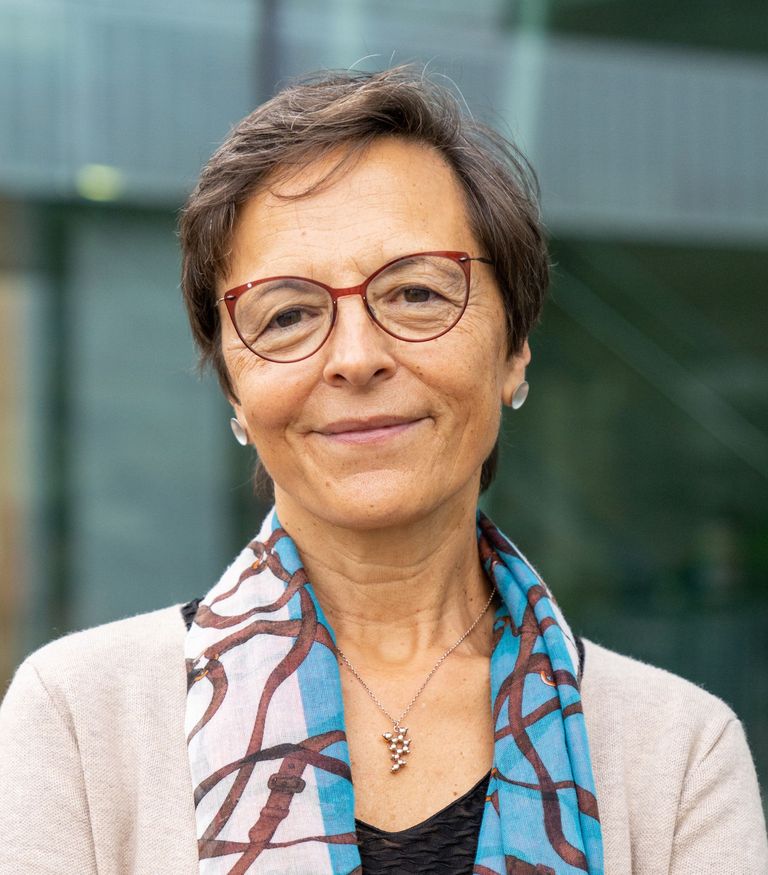SCNAT funds global research network on stress and resilience
The SCNAT provides funding for the establishment of a Global Stress and Resilience Network (GSRNet) with a coordination office under the guidance of behavioural neuroscientist Carmen Sandi at the EPFL.

This new research network aims to gain a better understanding of the sources for stress according to social and geographical contexts so as to develop tailored interventions to mitigate stress and enhance resilience. The issue is important because stress profoundly impacts on populations around the globe by contributing to serious mental and physical health problems and incurring huge economic burdens.
Carmen Sandi, director of the Laboratory of Behavioural Genetics at the Brain Mind Institute of EPFL, already established the Swiss Stress Network and contributes to its accomplishments since 2018. On the GSRNet, she will work together with Dominique de Quervain, a professor for Cognitive Neuroscience at the Medical Faculty of the University of Basel and co-applicant for the GSRNet.
The SCNAT Commission for Research Networks approved the GSRNet after an external peer review of several proposals that were submitted to a thematically open call. This call became possible following the departure of the Global Land Programme (GLP), which the SCNAT funded through its Commission for Research Networks, from the University of Bern to the University of Maryland by the end of 2022.


